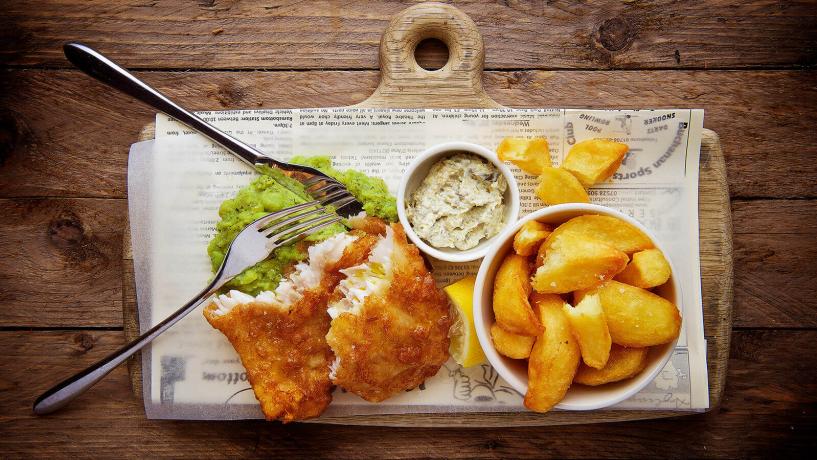
Is something fishy going on with your fish and chips? Well this could be likely as over 70 percent of fish sold in Australia by food outlets are imported from overseas
, and due to ambiguous food labelling laws, many are not disclosing what they’re ‘really’ selling.
Melbourne fish and chips restaurant chain, Hunky Dory is the latest venue found misleading its customers by selling cheap Vietnamese catfish (known as basa) and calling it their ‘fish of the day’ dory.
Incorrect Fish Labelling is Widespread
Industry insiders have confirmed this isn’t the first case and it’s just the tip of the iceberg.
Commonwealth Fisheries Association chairman Anthony Ciconte told Fairfax Media, who broke the Hunky Dory fish scandal that incorrect l of fish is widespread.
"It's not common, it's rife," said Mr. Ciconte.
"Incorrect labelling of fish is a systemic issue, right throughout the chain,”
"Retailers are selling fish for $6 or $7 but retailers are importing them for $2. The local product would cost about $4 or $5."
In Fairfax Media's investigation of Hunky Dory, a whistleblower said they were concerned customers were unknowingly eating fish from Vietnam, not Australian oceans.
Evidence supplied by the whistleblower revealed the restaurant chain was ordering huge amounts of frozen basa fillets and told its employees to say it was ‘fish of the day’ dory. The basa fillets were used for fish bites, fish burgers and fish wraps.
“If one store goes through 100 kilograms [of catfish] a day, just imagine how many people are consuming it," they said.
Also, the store received about four complaints a week from customers, who claimed they were sick, the fish didn’t taste right or they received incorrect portions.
Fears To Public Health
Basa comes from the Mekong River Basin in Indochina where around 220,000 tonnes of toxic waste is dumped each year, and tests conducted by the Australian Quarantine and Inspection Service have found a high level of antimicrobial chemicals in the fish sampled.
The Hunky Dory case has sparked fresh debate regarding the introduction of mandatory labelling laws for all fish and seafood in Australia, and how they need to match the laws present in the Northern Territory and European Union.
Where To Find Out More Information?
For more information and to find out what type of fish is commonly mislabeled in Australia click here.





